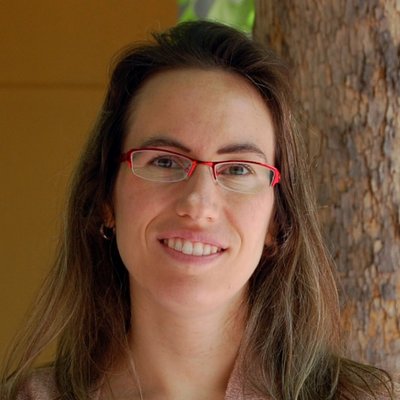Rejections
Update (June 14, 2017): Updated with rejections from 2016!
Update (December 1, 2015): I’ve updated this post with a few more recent rejections!
The other day Peter Alvaro made a list of “fond memories of rejection”. People with tons of publications aren’t getting rejected any less often than the rest of us are; they’re making more attempts.
In my own attempt at transparency, here’s an incomplete list of rejections I’ve gotten:
- I applied to do summer research with Sam Rebelsky in undergrad, in 2003. Rejected. (And Sam takes everyone! He had twelve undergrads that summer!)
- When I applied to grad school in 2006, Washington, UCSD, and Stanford all said no. In fact, Indiana was the only place I applied that would take me.
- When I started grad school at IU in 2008, there were two written qualifying exams that every Ph.D. student had to pass, one “theory” and one “systems”. I failed the theory qual on my first attempt in 2008, and I was too intimidated to even take the systems qual in both 2008 and 2009. (I did pass the theory qual in 2009, and I finally took and passed the systems qual in 2010, at the last opportunity.)
- I had what was probably the worst Google internship phone interview of all time in spring 2009. Rejected.
- My 2009 Google Anita Borg scholarship application was rejected with a form letter.
- My first conference paper submission, a submission to FLOPS 2010, was rejected with quite negative reviews. At the time, I didn’t have the slightest idea what a research paper was supposed to be.
- In 2010, I managed to make it all the way to the in-person interview for an internship at Jane Street, and then failed so hard at it that I’m pretty sure they ended the interview early – at least, the receptionist seemed surprised to see me leaving right after lunch.
- From 2010 through 2011, I was attempting to work on parametricity for multi-language programs and mostly failing: worse than getting rejected, I failed to even submit a single paper.
- Our first LVars paper, which was my first first-author paper submission, was rejected from POPL 2013, ESOP 2013, and ICFP 2013 before we finally got it into a workshop. It took us so long to get any LVars paper published anywhere at all that people just started citing the non-peer-reviewed tech report.
- In 2014, I was rejected from the first post-Ph.D. job I’d gotten an interview for, which was at Microsoft Research SVC. (As it turned out, though, half a year later Microsoft shut down MSR SVC, so maybe it’s just as well I didn’t get the job.)
- Our draft paper on bringing LVar-style threshold reads to CRDTs was rejected from DISC 2014 and then OPODIS 2014 in quick succession. I think the paper is too theoretical and needs help from someone more implementation-minded in order to survive, but I haven’t succeeded in finding a collaborator to help me resuscitate it.
- Our submission to JFP on LVars at the end of 2014 was returned to us in late 2015 with a long list of heavy revisions requested. I’m not gonna lie: this rejection in particular was extremely demoralizing, because the submission was essentially a condensed version of my dissertation, so it was as though the reviewers were saying, “Your dissertation isn’t actually done yet – you have to keep working on it!” As of halfway through 2017, I still haven’t done most of those revisions.
- I applied for and was rejected from Rising Stars 2016, a career development workshop for “the world’s brightest women Ph.D. students, postdocs, and engineers/scientists”. In retrospect, I think I wildly misjudged what they were looking for: I submitted a narrowly-focused abstract, and I suspect they were looking for something that would’ve worked as a job talk.
- The first paper I wrote with my Intel Labs colleagues was rejected from ASPLOS 2016, PLDI 2016, and OOPSLA 2016 before we got a version of it into ECOOP 2017.
I’m not even including some more recent rejections, because those are still a little too new to talk about. It’s also worth noting that if I had been more on top of things earlier in my career, this list of rejections would probably be much longer! For example, I only applied to four grad schools, which is not very many, and I failed to even apply to standard fellowships, like the NSF GRFP, that I was too naive to know about at the time that I was eligible.
Some of these rejections, like for the job interviews, were pretty much just a “no”, and usually not for lack of trying to get more feedback. Others, though, came with such high-quality commentary that they were important phases in the development of the work.
One of the most frustrating paper reviews I’ve ever gotten was a very short, very positive review that said, more or less, “I’m not an expert, so I don’t know how to judge the quality of this, but it seems great to me!” A lot of the time, research is stumbling along in the dark, and a review like that is like a voice yelling in the dark, “Good job! Keep it up!” It’s momentarily encouraging, but it doesn’t give any indication whether you’re going the right way.
The best rejections are fondly remembered because they shine a light for you in the dark. “No, no, not that way! Over here!” Or, sometimes, “You’re getting warmer.”

Comments